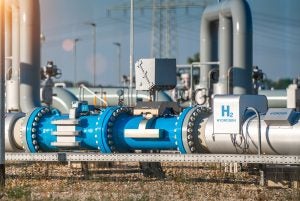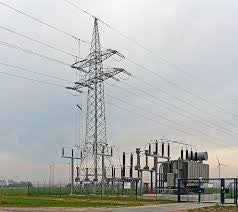By Adam Peltz & Kate Roberts
This week, the Department of the Interior announced nearly $660 million in grant funding to plug orphan wells across the U.S., adding to $560 million in initial funding from last summer. The news comes on the heels of new research led by researchers at McGill University and EDF experts that quantifies the extent of the orphan well problem this funding will begin to tackle.
The study found that at least 4.6 million people are living within about a half mile of an orphaned oil and gas well. Published in June 2023 in Environmental Research Letters, the study examined the environmental risks of orphaned wells and how plugging or repurposing wells could play a role in the transition to net zero. An additional key finding is that many essential technical details about this well set, like depth and condition, and environmental impacts, including methane emission rates and whether they have caused groundwater contamination, are largely unknown.















